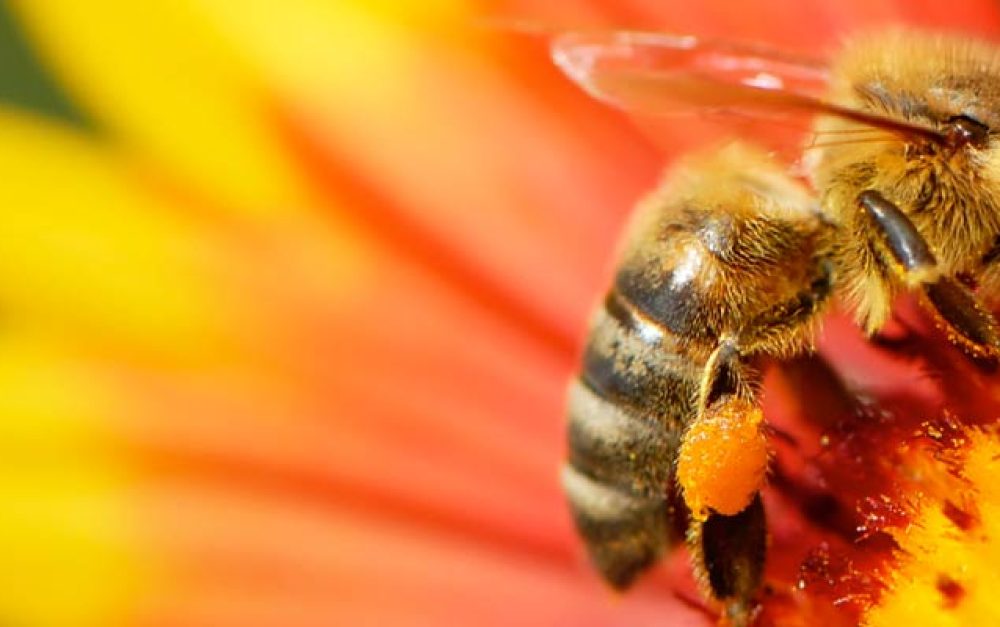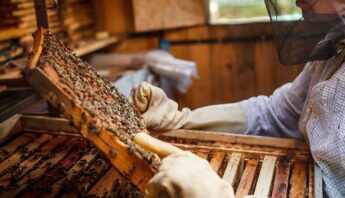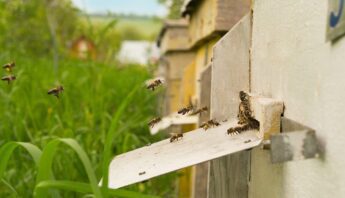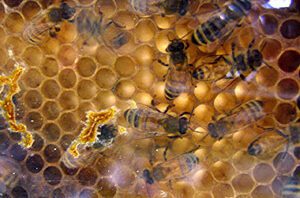For Immediate Release: January 6, 2016
Contact: Paul Towers, 916-216-1082, ptowers@panna.org
Washington, DC – Twenty years after the pesticide hit the market, the U.S. Environmental Protection Agency — in coordination with the California Department of Pesticide Regulation — finally released an assessment of imidacloprid’s risks to honey bees. While the agency assessment acknowledges some harm, it ignores many other factors.
With Center for Food Safety, Pesticide Action Network, beekeepers and farmers also filed a lawsuit today challenging EPA’s lack of oversight and evaluation of pesticide seed coatings — including imidacloprid.
Paul Towers, spokesperson for PAN, released the following statement:
“EPA is still not seeing the forest for the trees. This assessment takes a myopic and piecemeal approach, failing to examine the far-reaching impacts of pesticide seed coatings applied to millions of acres of American farmland.This is a primary route of exposure for honey bees and native pollinators, which also play a critical role on farms and in our agricultural economy. And peer-reviewed studies have shown that seed coatings provide little value in the fields to many farmers. EPA needs to take a serious look at this practice and the correlating impact on vital pollinators.
Additionally, the agency assessment of imidacloprid fails to account for the far-reaching impacts on bees over time, including decreased immunity to common diseases — as well as the synergistic effects of pesticide ‘cocktails’ in the field.
Even with these flaws and data gaps, EPA’s analysis demonstrates considerable risk to bees. The agency should immediately suspend the use of imidacloprid, as the threat to honey bees and other pollinators supporting our agricultural system is clear.”
###







